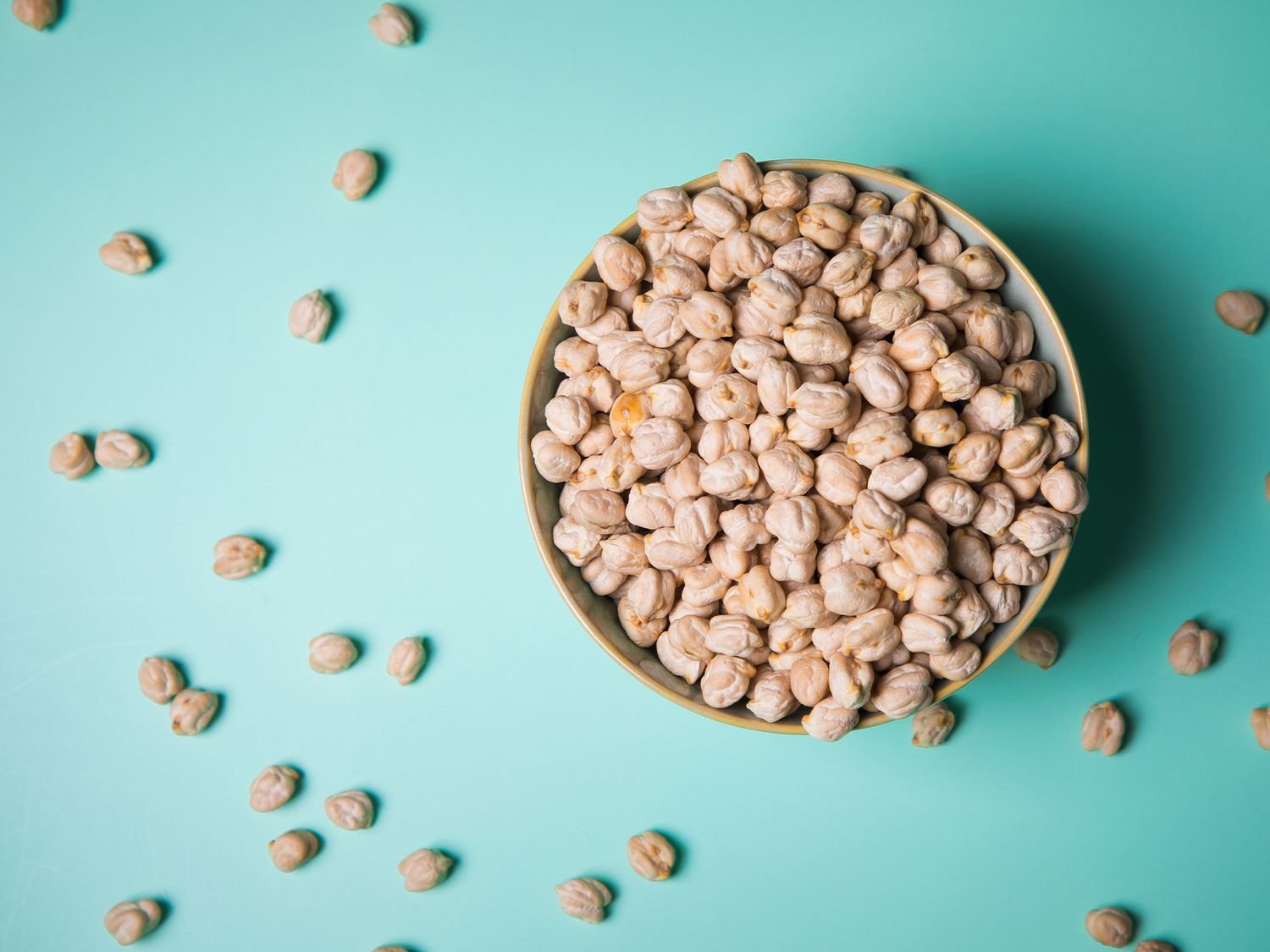In the diverse world of legumes, chickpeas stand out as a culinary and nutritional gem. These small, beige, round beans, also known as garbanzo beans, are not just a staple in Middle Eastern and Indian cuisines but have gained global popularity for their versatility and health benefits. This article delves into the myriad advantages that chickpeas offer, from their rich nutrient content to their diverse culinary uses.
Nutritional Profile
Chickpeas boast an impressive array of nutrients. They are a rich source of plant-based protein, providing all nine essential amino acids, making them a complete protein source. This is particularly beneficial for vegetarians and vegans who seek alternative protein sources. Besides protein, chickpeas are loaded with dietary fiber, vitamins like A, E, C, and a range of B vitamins including folate, and minerals such as magnesium, potassium, and iron. This composition makes chickpeas not only nourishing but also a functional food that can improve overall health.
Health Benefits
- Weight Management:
The high fiber content in chickpeas is a key factor in weight management. Dietary fiber helps in creating a sense of fullness, reducing the likelihood of overeating. This attribute is essential for those looking to lose weight or maintain a healthy weight. - Digestive Health:
Chickpeas contribute significantly to digestive health. Their fiber aids in regular bowel movements, preventing constipation, and maintaining gut health. A healthy digestive system is crucial for overall well-being and can also impact other areas of health, such as the immune system. - Cardiovascular Health:
The heart-health benefits of chickpeas are notable. They contain heart-healthy unsaturated fats, including polyunsaturated fats, which can help lower harmful cholesterol levels. Additionally, the low sodium and cholesterol-free nature of chickpeas make them ideal for a heart-healthy diet. - Blood Sugar Regulation:
Chickpeas have a low glycemic index, which means they do not cause rapid spikes in blood sugar levels. This quality is especially beneficial for individuals with diabetes or those at risk of developing the condition. By helping to stabilize blood sugar levels, chickpeas can play a role in diabetes management and prevention. - Chronic Disease Prevention:
The nutritional makeup of chickpeas suggests they can help in preventing various chronic diseases. Their combination of fiber, protein, vitamins, and minerals contributes to a balanced diet, reducing the risk of diseases such as diabetes, heart disease, and certain cancers.
Culinary Versatility
The culinary applications of chickpeas are almost endless. They can be used in a variety of dishes:
- Salads and Soups: Chickpeas add a protein punch and texture to salads and soups.
- Vegan and Vegetarian Dishes: As a meat alternative, chickpeas offer a satisfying texture and flavor.
- Snacks: Roasted chickpeas make a crunchy, nutritious snack.
- Dips: Ground chickpeas are the primary ingredient in hummus, a popular dip.
- Baking: Chickpea flour is used in gluten-free baking and as a binder in various recipes.
Unique Applications and Facts
Chickpeas are not just limited to traditional culinary uses. They have some unique and lesser-known applications:
- Coffee Alternative: Roasted and ground chickpeas have been used as a caffeine-free coffee substitute for centuries.
- Egg Replacement: Aquafaba, the liquid from cooked chickpeas, is an excellent vegan substitute for eggs in baking, capable of being whipped into meringues or used as a binder.
Sustainability and Environmental Impact
Chickpeas are not only beneficial for health but also for the environment. As a legume, they have the ability to fix nitrogen in the soil, reducing the need for chemical fertilizers. This attribute makes them a sustainable crop choice, contributing positively to agricultural practices and environmental health.
Cultural and Historical Significance
Chickpeas have a rich history and cultural significance. They have been a part of human diets for thousands of years, with evidence of their consumption dating back to ancient times. This historical relevance adds a cultural richness to their culinary use, making them a link to our ancestral diets.
Conclusion
Chickpeas are a true superfood, offering a multitude of health benefits, culinary versatility, and environmental advantages. Their inclusion in a balanced diet can contribute significantly to overall health and well-being. Whether used in traditional dishes, innovative recipes, or as a functional food, chickpeas are a valuable addition to any kitchen. Their rich history and cultural significance only add to their appeal, making them a timeless and universal ingredient worthy of appreciation.

